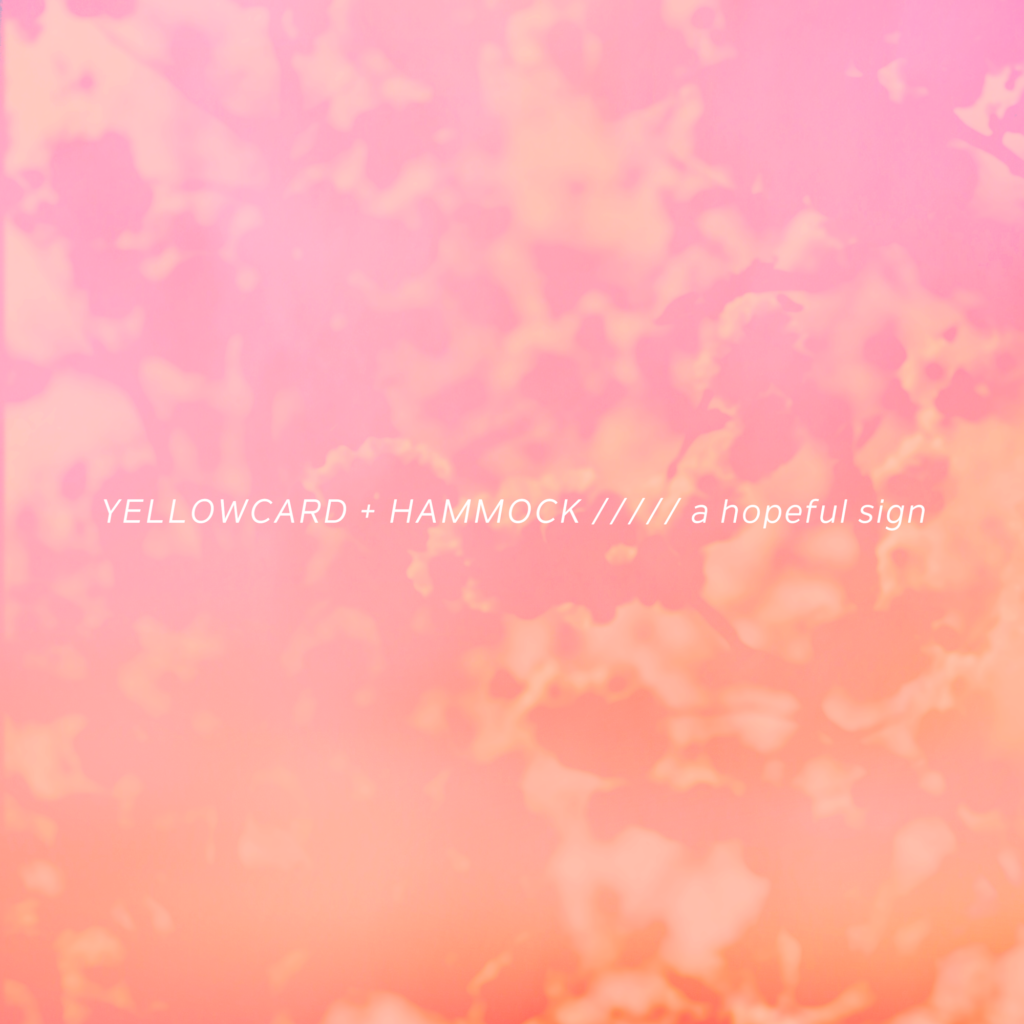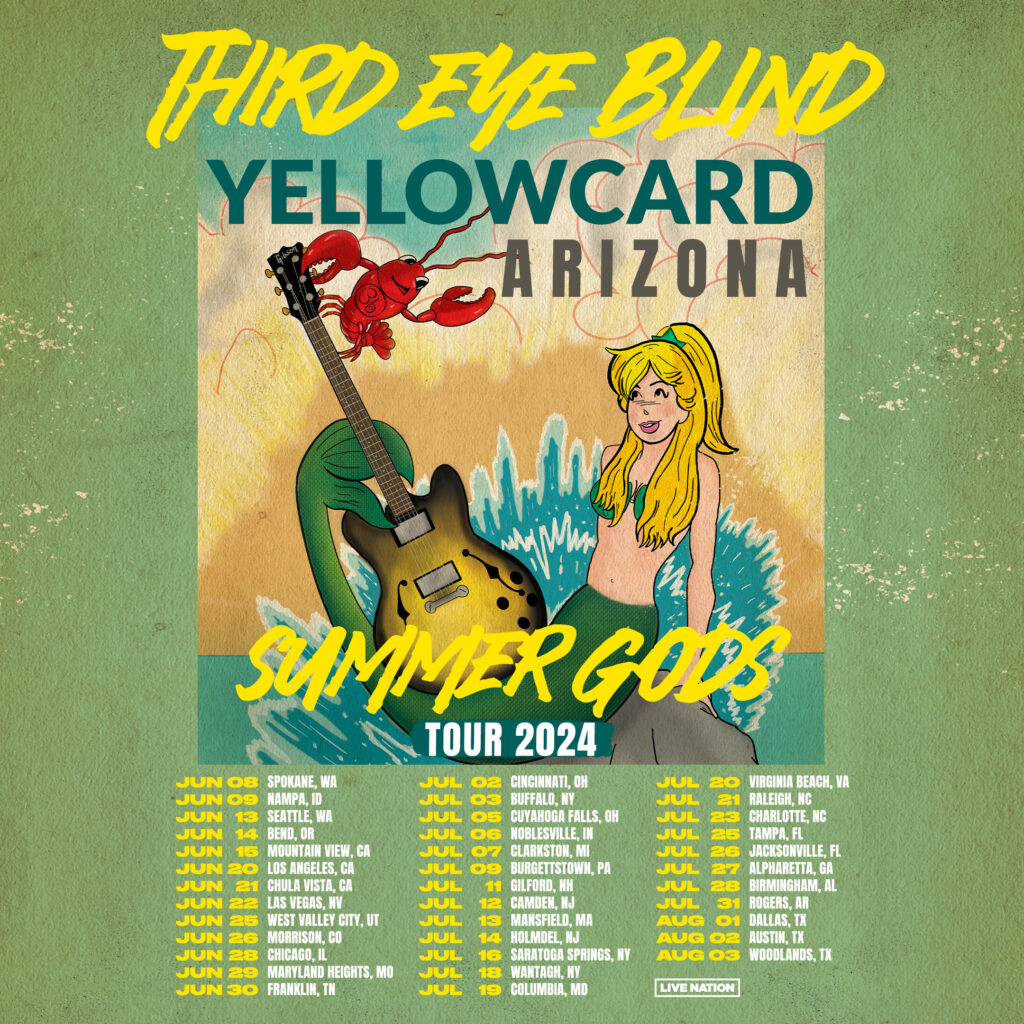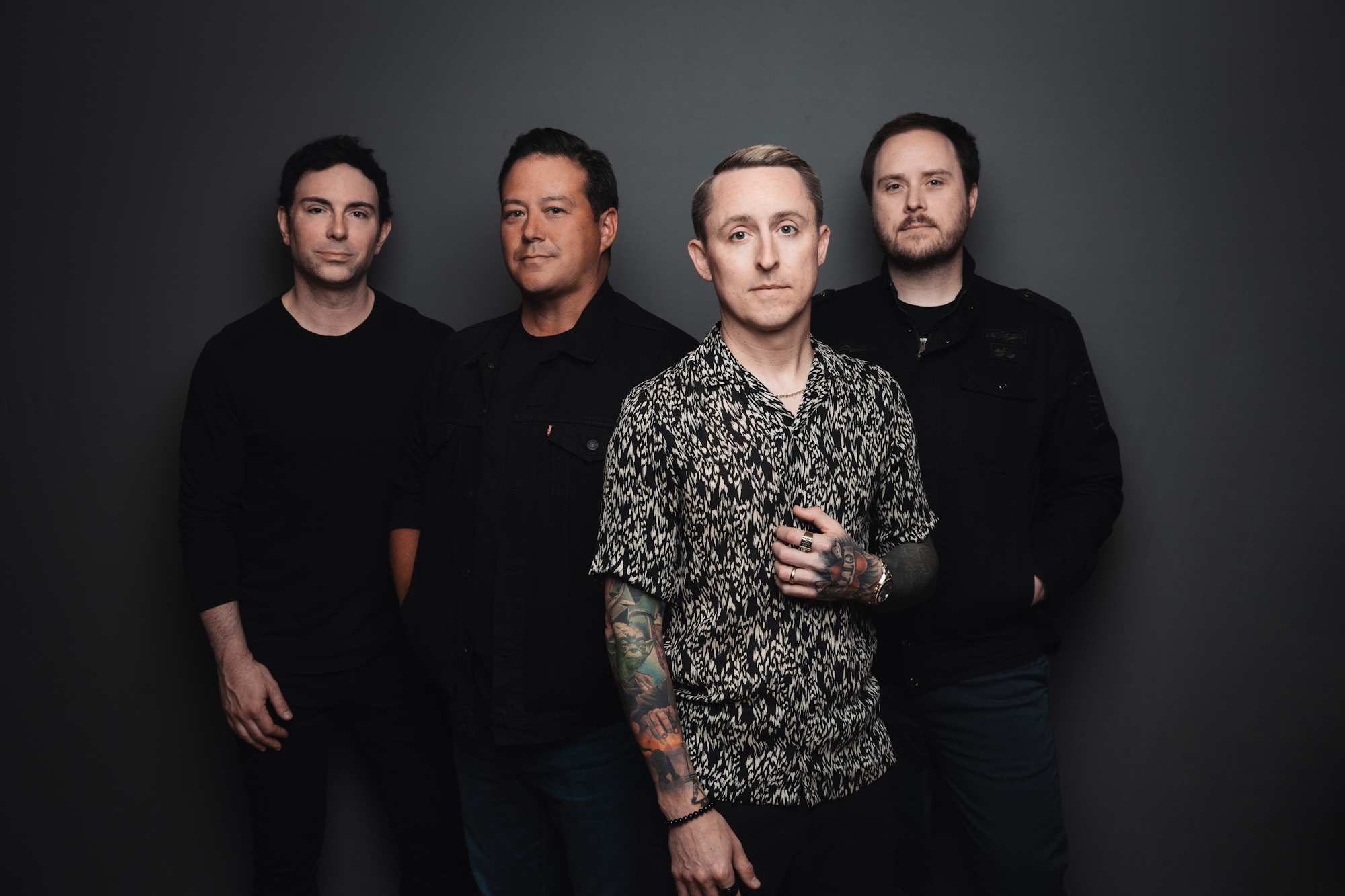The Floridian band Yellowcard’s formation in 1997 coincided with the ‘90s and 2000s wave of popularity for pop punk, and through extensive touring and attention from their performances at the Warped Tour, they garnered a dedicated fanbase afforded them the opportunity to sign with Capitol Records in 2002.
The following year, they released their major label debut with their fourth album, Ocean Avenue, which went on to become their highest-selling record and was certified double-platinum by the RIAA.
The band followed Ocean Avenue up with Lights and Sounds in 2006 and Paper Walls in 2007, before calling it a day in 2008. Two years later, the band regrouped and released a series of four albums between 2011 and 2016 before definitively splitting up in 2017, citing in-group disagreements and logistical realities for their decision.
Some members continued to work in the music industry and others not. Frontman Ryan Key began a solo career under his full name, William Ryan Key. “It was intense,” Ryan tells Post-Burnout of his solo career.
“It was a real grind that I’m very grateful for because I don’t think there’s ever been a chapter of my life that had just planted my feet so firmly on the ground and refocused me and reminded me why I play music, why I want to succeed as an artist, as a musician, and just as a creative person.
“So, after being in Yellowcard, and on a tour bus with technicians and tour managers and everything for fifteen years, to go back to being in a Sprinter van in the middle of the winter, and putting work gloves on, and huffing my gear up three flights of stairs, it was a total shock to the system, you know? And I really did enjoy it and getting to tour in that way again. I was sharing a van or a bus with other bands, sometimes. I got to play with New Found Glory, and that was a really fun experience.”
Ryan, however, felt that he didn’t have enough original songs to fill a headlining set, and came up with an idea to naturally incorporate some Yellowcard tracks. “I was doing some more ambient, reimagined versions of the songs on my own when I was touring, just because I needed music to fill a set,” says Ryan.
“Especially when I did a headline tour in the summer of 2019 and I had to play for seventy-five minutes and I didn’t have that much music of my own to play, so I had to play Yellowcard songs. So, I was working on these sort of reimagined, stripped-down…‘ambient’ is such a big, broad term. Some of them I did a little more singer-songwriter-y, with an acoustic, folky kind of feel; some of them I did more synth-driven, sort of ambient-feeling.
“But, anyways, after the tour, the pandemic hits, I’m at home, I’m just in the studio, messing around all the time, and we’re all home all day every day, doing nothing. So, I started messing around with this idea of recording these reimagined versions and, long story short, I was going to have a bunch of guest vocals and friends from the scene come sing on this EP or record, or whatever it would end up being.”

Courtesy of Reybee, Inc.
However, issues with reaching agreements between artists’ management and labels delayed the process. Meanwhile, the seemingly perpetually dormant Yellowcard received an offer that they couldn’t refuse. Candidly, Ryan says, “[My solo career] was not the kind of successful that was paying the mortgage with no stress or anxiety.”
He continues, “I think it can be not talked about much or frowned upon to talk about maybe, or whatever; however you want to say it. But we are trying to make a living, you know? I’m trying to do this for a job and I’m trying to be as successful as I can possibly be while doing what I want to do with it: Creating the music I want to create, but I would love for that to bring me the highest level of success that it possibly can, you know?
“And Yellowcard – it was very definitive, it was very final feeling at the time. There were no plans to reunite, there were no discussions of any kind of future for the band, and then we got that offer to play Riot Fest in 2022, and – again, just being an open book – it’s the biggest guarantee we ever got to play a show as a band, and that will awaken [Laughs] the curiosity about what could possibly lie ahead for the band. So, that got phones ringing, it got people talking again, and we agreed that it was an opportunity that we couldn’t turn down.”
Ryan admits that other factors which malaise the band before the second split were the venues and attendance year after year shrinking, long stints away from their families, and the feeling of being unable to recapture the success of Ocean Avenue, which affected their creative output. But the response from Riot Fest rejuvenated them.
“Those are some of the reasons why we decided to step away,” Ryan says. “So, how are you going to convince us that it’s going to be different this time? Like, what’s changed? Because literally nothing! Nothing has changed: it’s the same band; we didn’t put out any new music; we don’t all have a song on the radio.
“There is no explanation for us getting the offer we got for Riot Fest, then playing that show in front of 30 or 40,000 people, and feeling like the energy from the crowd was equivalent to a physical wind on your face. I mean, it was so intense.”
After the success of Riot Fest, Yellowcard were approached by promoters about potentially setting up a tour to celebrate the 20th anniversary of Ocean Avenue. “It’s just surreal,” says Ryan.
“Like, the band broke up because we were struggling to sell out a House of Blues in some places, and then you turn around, seven years later, and we’ve been completely dormant – granted, yes, I’m still out, being active, and trying to be present, and connect with the fans, and keep music as my primary occupation – but, as a band, we’re gone, we’re vanished. There’s nothing. There’s no press, there’s no social media.
“Just out of nowhere, seven years later, you’re going to offer us a tour in amphitheatres, twice as big; three times as big; in some cities, four times as big as the House of Blues or whatever venue it would be that we would play in that city? We were terrified. Like, how could this be possible to even get offered the shows, but now, who’s gonna come to these shows? Like, it doesn’t make any sense.
“And then we went and did the tour, and it was the single greatest chapter of our entire career as a band. The tour was, like, over 95% sold out or something, in these massive, massive rooms. It felt like we were at the absolute height of our career. It felt like the Ocean Avenue days, except the venues were even bigger, somehow!”
Last summer, the band released a comeback EP, titled Childhood Eyes, which featured collaborations from Dashboard Confessional and Pierce the Veil. But, in the background, Ryan still had the project of reimaginings of the band’s music brewing.
Ryan was a fan of the Nashville post-rock duo Hammock, and knew one of their members, Marc Byrd. He asked if they would contribute a song, and while other acts who were asked were in contractual limbos, Hammock handed Ryan a full EP’s worth of covers.
Being blown away by their renditions, Ryan showed the demos to the newly-reformed band and they felt that they should expand it into a full album of Hammock versions, which Hammock agreed to. Ryan used his Twitch streams to directly ask fans which songs they would like to hear.
Ryan feels that now is the perfect time to release it, saying, “Now that we have the Yellowcard machine behind this, it’s going to get way more eyes on [it], it’s going to be a bigger deal, there’s going to be a budget for the album.” The final product, titled A Hopeful Sign, is out today.
The lead single from the album was a redub of their biggest hit, “Ocean Avenue,” and Ryan was very happy with the reception. “When you try something like this, I think it’s normal to expect it to not necessarily resonate, to not connect, because it’s so different,” he says.
“It’s such a random pairing of artists to work together and make something like this, so we didn’t really know what to expect. But the reaction to ‘Ocean Avenue’ – which is the only song we have out so far – was so overwhelmingly positive. Like, it was the stuff that you would just dream that you would hear; quotes like, ‘This is the remix I never knew I needed until I heard it’ kind of thing, you know what I mean?”

Designed by Charlie Benante
Courtesy of Reybee, Inc.
This summer, the band will embark on a two-month US amphitheatre tour with Third Eye Blind. “It still doesn’t seem real,” says Ryan. “We got a phone call that said, ‘Hey. [Laughs] Third Eye Blind tapped you guys to come on a tour. Do you want to go on this tour with them?’
“We weren’t looking for it; they came to us, and that’s even more surreal. So, just throw it on the pile with all of the other incredible things that are happening for Yellowcard that, again, we’re just taking it one thing at a time, man.
“If this is our last tour, then what an amazing two years it’s been, you know? We’re older and wiser, we’re taking better care of the success […] These opportunities are absolutely life-changing for us, and it does not go unnoticed. We are so, so grateful to all the fans that have come out to all these shows and have delivered this massive, massive level of success for us. It’s surreal.”
Yellowcard and Hammock’s new album, A Hopeful Sign, is available from today. You can find all of Yellowcard’s music, social media accounts, tour dates and tickets on their website. Tune in to today’s episode of POSTBURNOUT.COM Interviews… at 12:00 (IST) to hear our full discussion.

Aaron Kavanagh is the Founder and Editor-in-Chief of Post-Burnout. His writing can also be found in the Irish Daily Star, Buzz.ie, Totally Dublin, The GOO, Headstuff, New Noise Magazine, XS Noize, DSCVRD and more.

 POST-BURNOUT
POST-BURNOUT